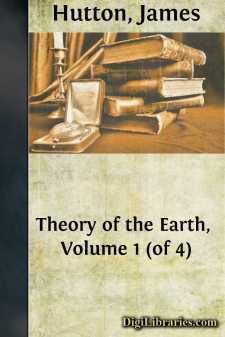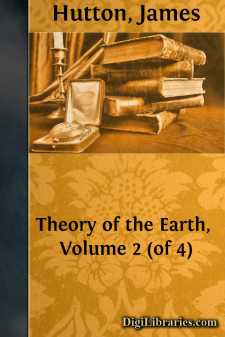Categories
- Antiques & Collectibles 13
- Architecture 36
- Art 48
- Bibles 22
- Biography & Autobiography 813
- Body, Mind & Spirit 142
- Business & Economics 28
- Children's Books 17
- Children's Fiction 14
- Computers 4
- Cooking 94
- Crafts & Hobbies 4
- Drama 346
- Education 46
- Family & Relationships 57
- Fiction 11829
- Games 19
- Gardening 17
- Health & Fitness 34
- History 1377
- House & Home 1
- Humor 147
- Juvenile Fiction 1873
- Juvenile Nonfiction 202
- Language Arts & Disciplines 88
- Law 16
- Literary Collections 686
- Literary Criticism 179
- Mathematics 13
- Medical 41
- Music 40
- Nature 179
- Non-Classifiable 1768
- Performing Arts 7
- Periodicals 1453
- Philosophy 64
- Photography 2
- Poetry 896
- Political Science 203
- Psychology 42
- Reference 154
- Religion 513
- Science 126
- Self-Help 84
- Social Science 81
- Sports & Recreation 34
- Study Aids 3
- Technology & Engineering 59
- Transportation 23
- Travel 463
- True Crime 29
James Hutton
James Hutton (1726–1797) was a Scottish geologist, physician, and writer, widely regarded as the founder of modern geology. His most significant work, "Theory of the Earth" (1788), introduced the idea of uniformitarianism, the concept that Earth's processes operate consistently over time, shaping the planet gradually. Hutton's studies of rock formations and deep time challenged the prevailing view of a young Earth, proposing that it was far older than previously believed. His ideas laid the foundation for later developments in geology and greatly influenced scientists like Charles Lyell and Charles Darwin.
Author's Books:
Sort by:
by:
James Hutton
CHAPTER I. THEORY of the EARTH; or an Investigation of the Laws observable in the Composition, Dissolution, and Restoration, of Land upon the Globe. SECTION I. Prospect of the Subject to be treated of. When we trace the parts of which this terrestrial system is composed, and when we view the general connection of those several parts, the whole presents a machine of a peculiar construction by which it...
more...
by:
James Hutton
CHAPTER I. Facts in confirmation of the Theory of ElevatingLand above the Surface of the Sea. The first object now to be examined, in confirmation of the theory, is that change of posture and of shape which is so frequently found in mountainous countries, among the strata which had been originally almost plain and horizontal. Here it is also that an opportunity is presented of having sections of those...
more...



